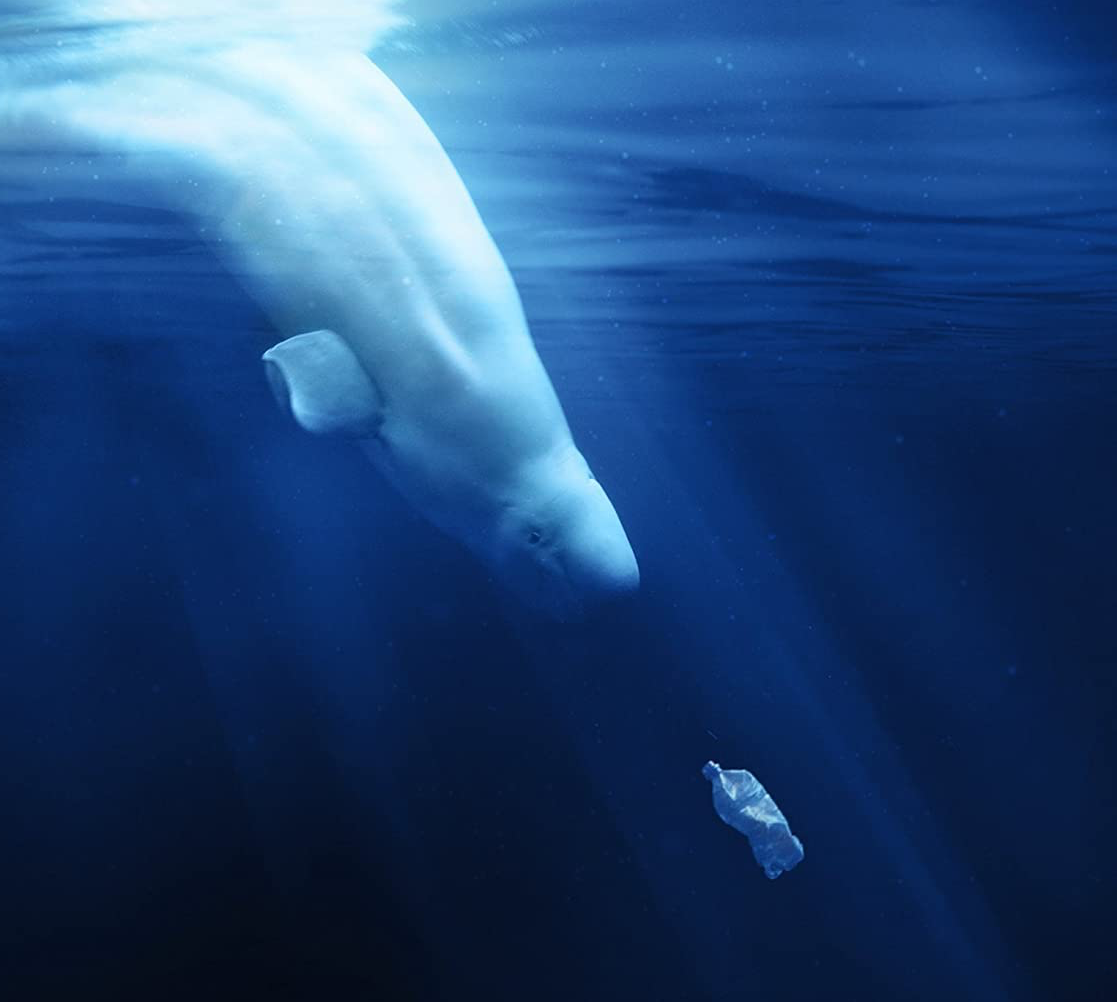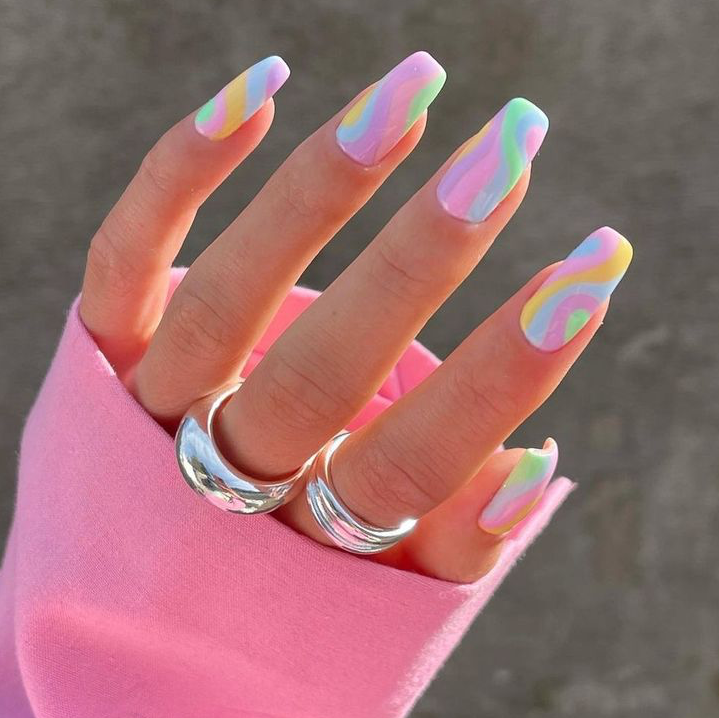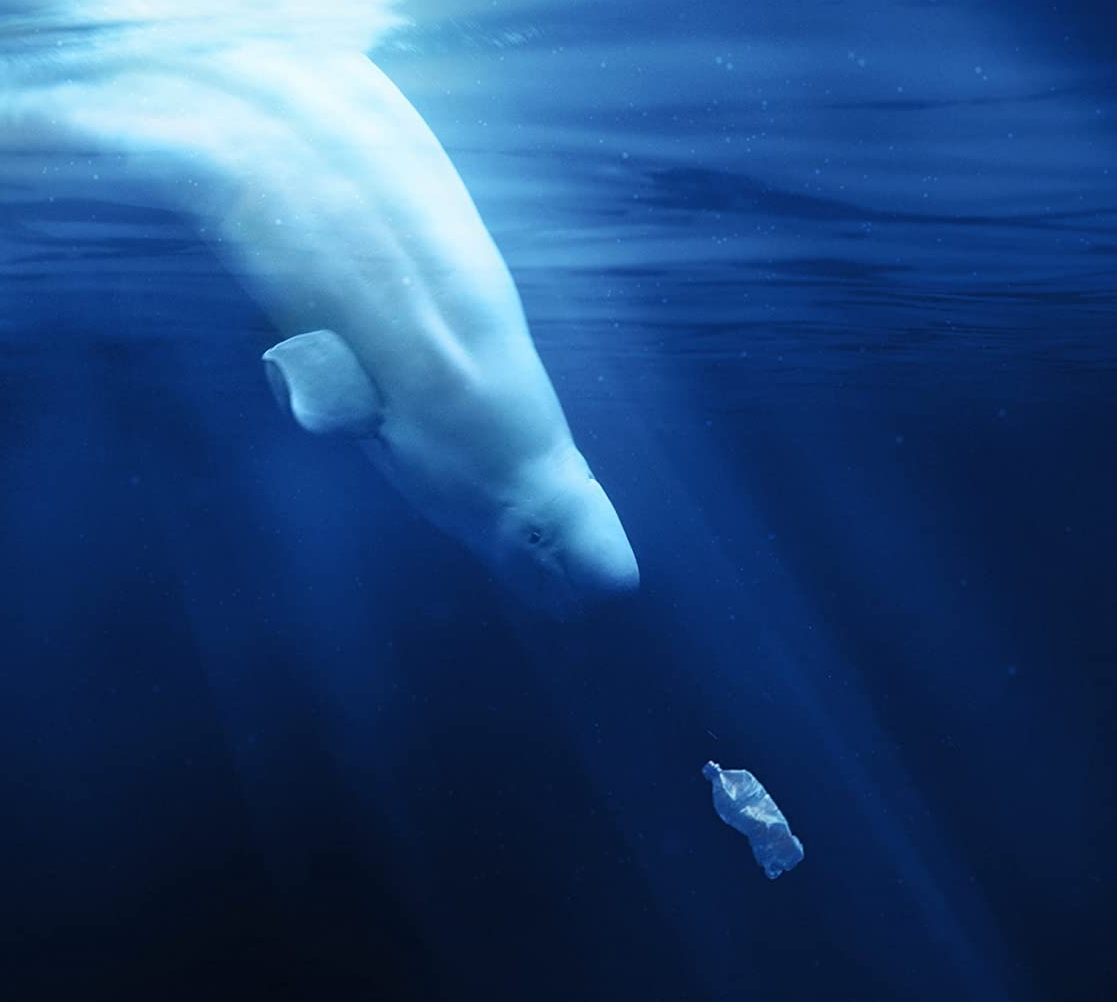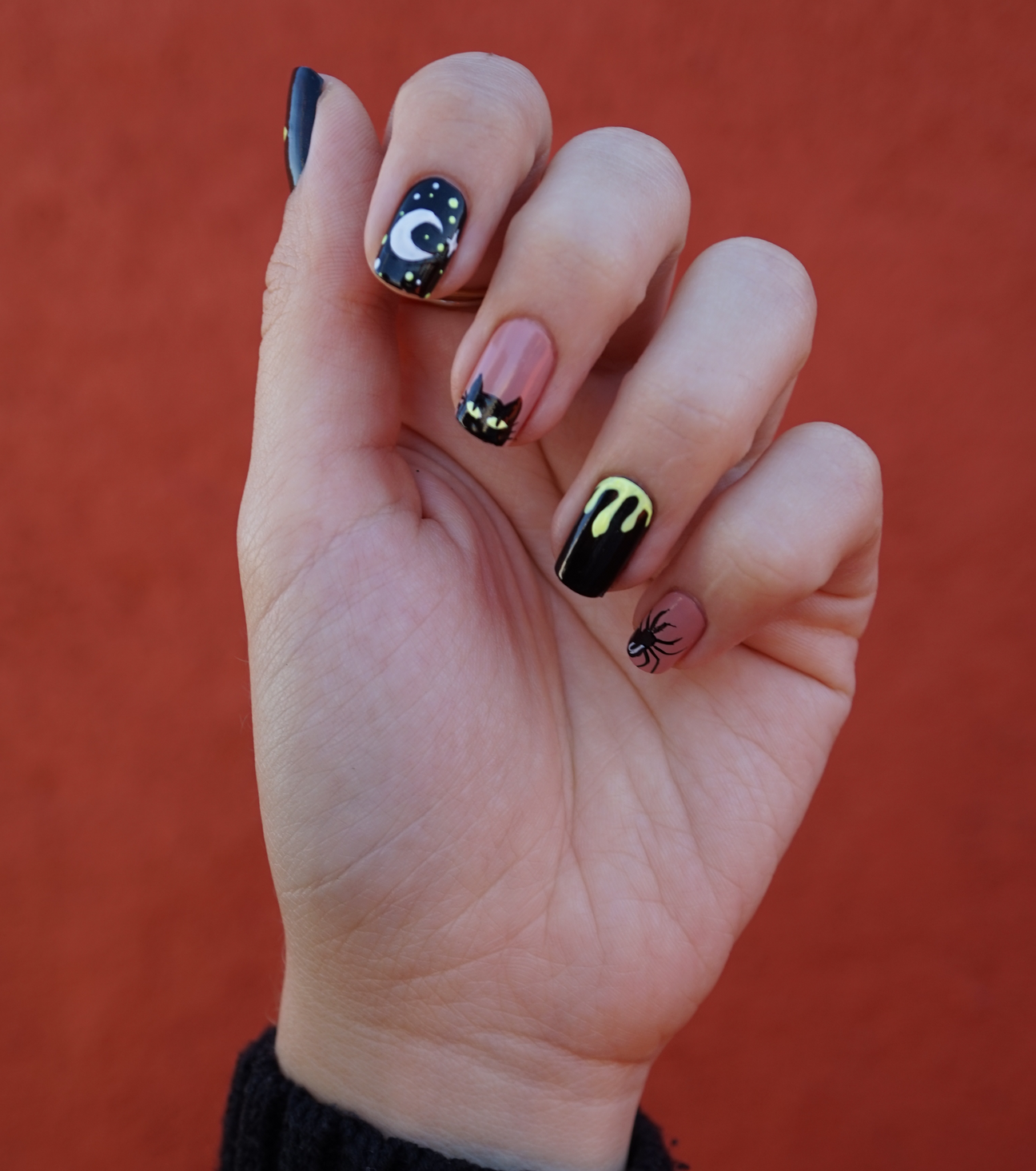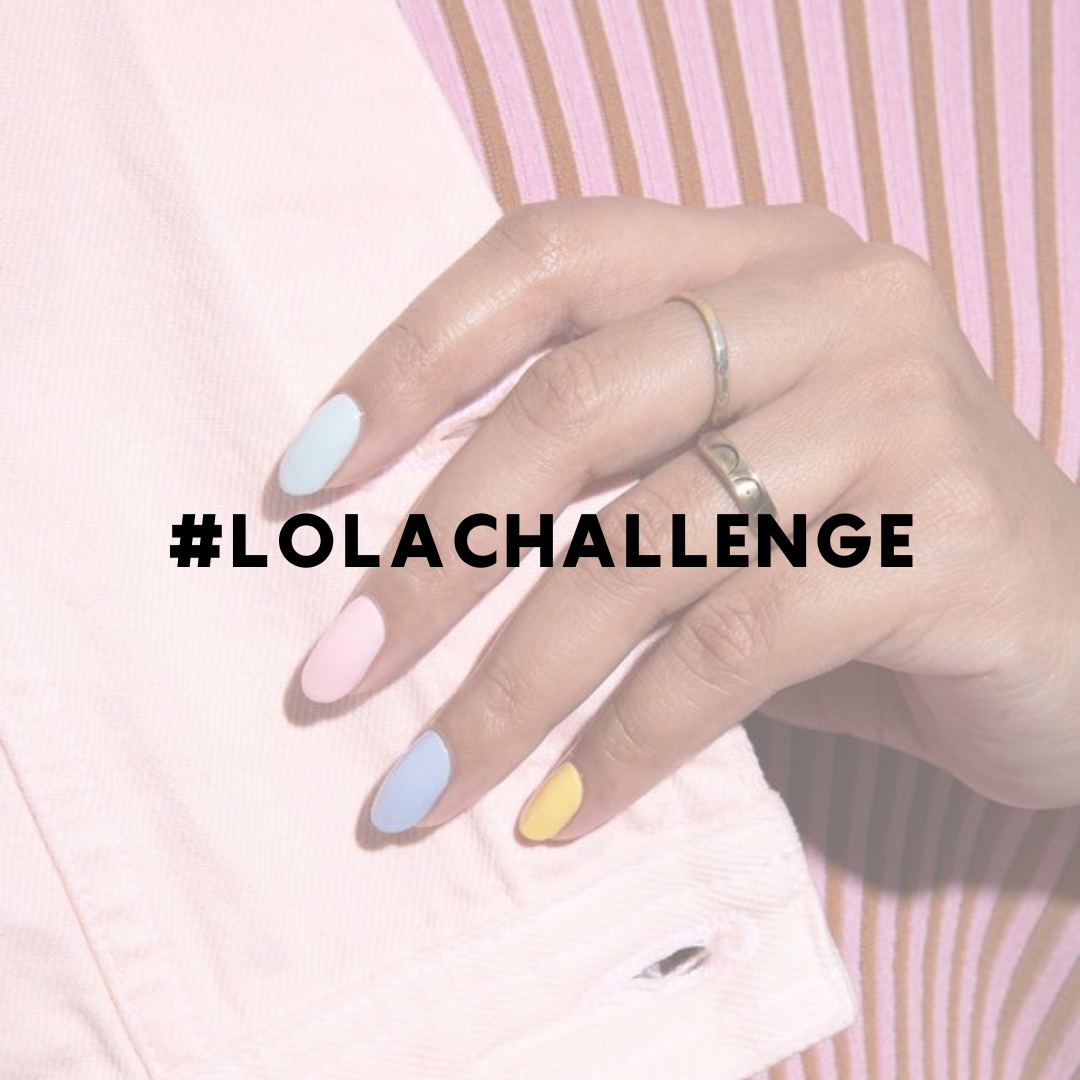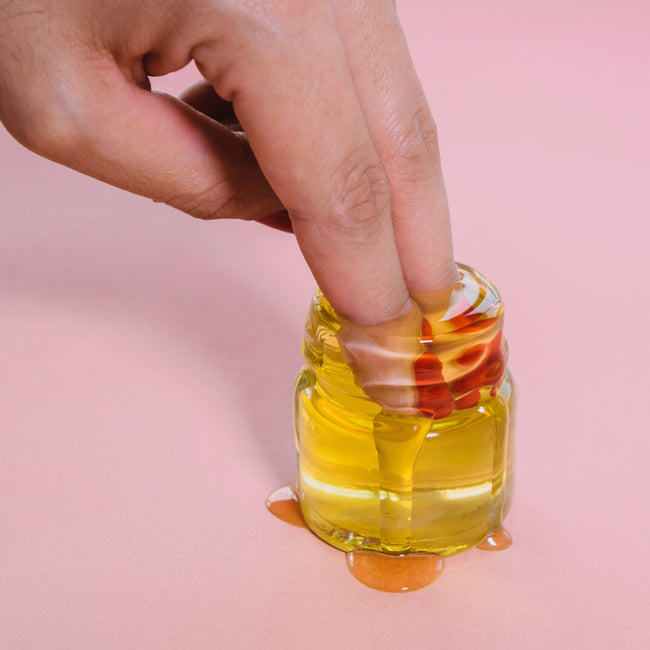Today, June 8, is World Oceans Day , which aims to "raise awareness and encourage people to care for the oceans and seas that surround us."
Despite being an essential part of life on the planet, many human activities damage and negatively impact marine ecosystems, and the unsustainable use of resources and pollution are among the main problems facing humanity. And it seems we are still unaware of the magnitude of the problem, especially if we don't see it with our own eyes.
To help you get started and learn about some of the realities surrounding the oceans, we bring you a series of documentaries that address the water problem from different perspectives: Will water be the cause of the next world war? Will we go thirsty? Are there other forms of agriculture that don't use so much water? Who controls the water?
1. Brave Blue World
Water scarcity is the main focus of this Netflix documentary, which explores potential technological responses to the challenges of a world "that wastes 95% of this precious resource." The documentary offers a grim omen for the future, warning that "by 2040, the majority of the population will not have access to water." This element is the central focus of a recording featuring scientists, professors, and activists such as actors Matt Damon and Jaden Smith. Narrated by actor Liam Neeson, A Blue World is a great film that we should all see because it brings water into focus, something many of us don't pay attention to.
2. A plastic ocean
In 2011, journalist, film director, and adventurer Craig Leeson set out to film a documentary about the blue whale, a species he had been obsessed with since childhood. As Leeson searches for his whale in the Indian Ocean, about 30 kilometers south of the coast of Sri Lanka, the camera travels down to the sea surface. Hundreds of plastic debris float there: a web of trash that also releases an oily substance.
Some are smaller, like corks or bag remnants. Others, like a large yellow basket or an odd clog, are easily recognizable from a distance. Thus begins A Plastic Ocean (2016), the documentary available on Netflix that shows the scale of one of today's most pressing environmental crises. Leeson, accompanied in the investigation by world freediving champion Tanya Streeter, begins to wonder what is happening in the world's oceans. A premise that leads them to personally explore much of the planet.
3. Mission Blue
The Netflix documentary, based on the life and work of renowned American marine biologist Sylvia Earle, highlights how little time we have left to save biodiversity in the oceans and, through it, human life on Earth.
Sylvia Earle knows these marine graveyards very well. For almost her entire life, since she connected with the sea as a very young girl in Florida, she has dived in the oceans of all five continents and has seen over time the damage and degradation that humans have inflicted on these ecosystems. Thus, this documentary becomes a moving testimony to a life of dedication, love, and service to the oceans, like Sylvia Earle's, but, above all, a warning for all of us to understand that the sea is dying, and if we don't do something now to recover its natural wealth and life, we won't just be talking about dead zones, but an entire dead ocean.
4. 'Oceans'
We know of around 23,000 marine species, but scientists say we've only discovered 9% of the inhabitants of the deep sea. This documentary takes us into the most remote parts of the oceans to discover aquatic creatures you never imagined could exist. Without a doubt, this 2009 work, produced in part by Disney, is one of the most ambitious documentaries in history, as it covers each of the five oceans on our planet. It can be viewed on Prime Video.
5. 'In Search of Coral'
And speaking of pollution and damage to the ocean, we can't overlook the coral formations that are disappearing at an unprecedented rate. This documentary focuses on this ecological tragedy, which simply and accurately explains what coral bleaching is and how these colonial animals die. A necessary film that, despite the depressing and chilling figures it presents, holds a hopeful message, warning us that we still have time to mitigate the damage and shift toward a sustainable future. You can watch it on Netflix.
We know that watching a documentary won't solve anything, or that creating an Oceans Day won't solve the problem, but it's good to have a day on the calendar that forces us to reflect on the issue, form an opinion, and consider what we can do. Truly solving this problem is far from our own, and unless the world's most powerful (and most polluting) governments and companies are forced to act, it won't end as long as there's something to take advantage of. However, a new generation of entrepreneurs is emerging eager to change things. And that's always something to celebrate.

